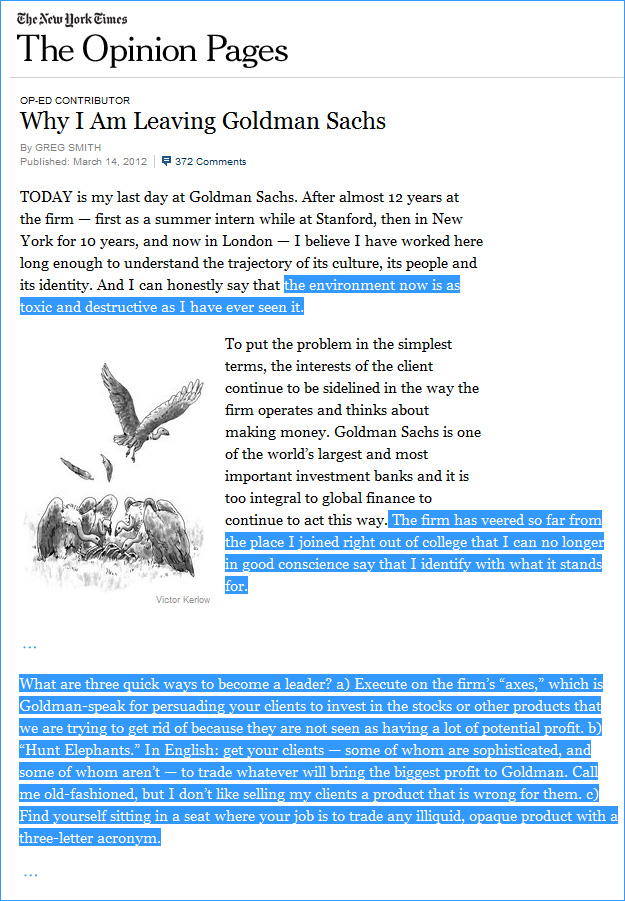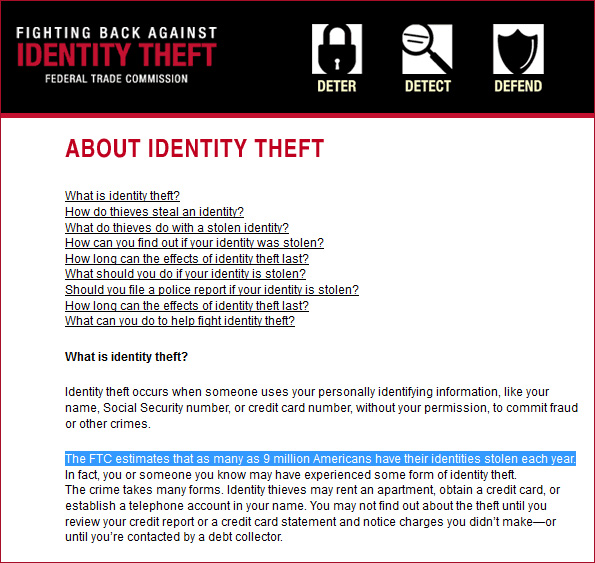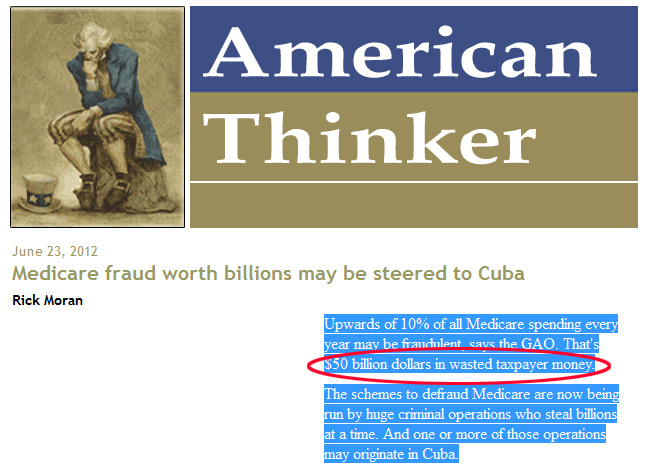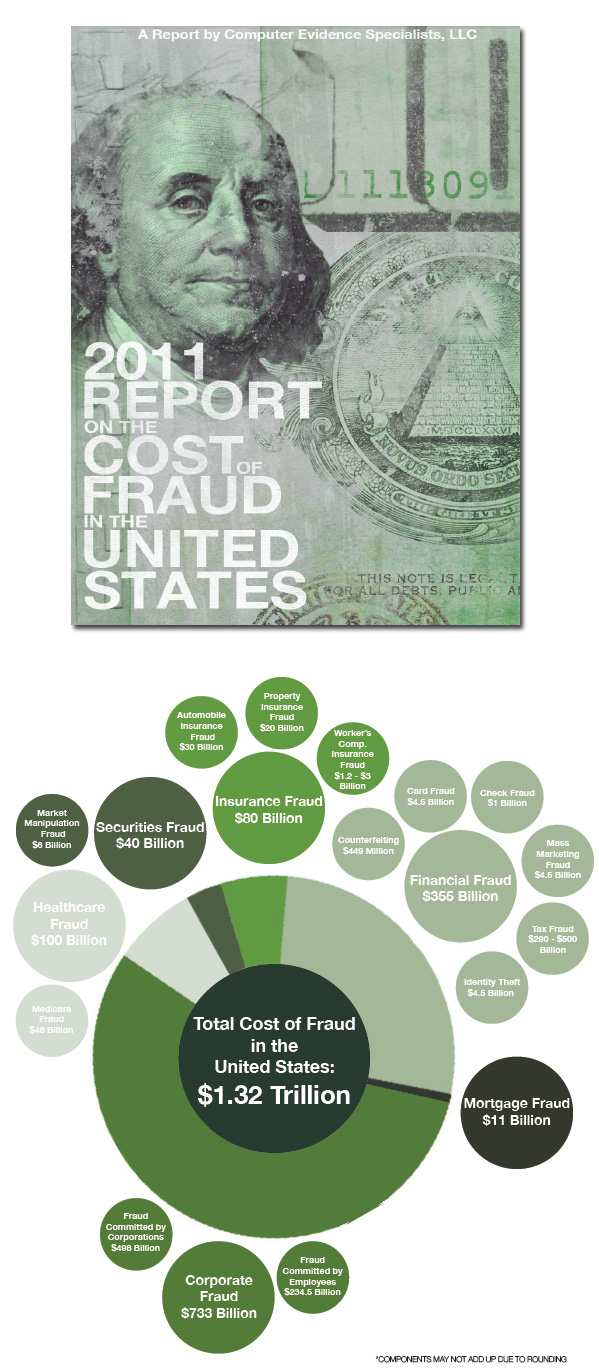9 Therefore God exalted him to the highest place
and gave him the name that is above every name,
10 that at the name of Jesus every knee should bow,
in heaven and on earth and under the earth,
11 and every tongue acknowledge that Jesus Christ is Lord,
to the glory of God the Father.
Below are but a few examples that focus on money — is it any wonder that Jesus talked so much about this very subject!?!
(Second only to talking about the kingdom of heaven.)
.
.
.
.
.
Addendum on 7/23/12:
- Wealthy hiding $21 trillion in tax havens, report says — from cbcnews
‘Debtor countries’ are actually wealthy when hidden money is accounted for
Excerpt:
The “super-rich elite” are hiding more than $21 trillion US in tax havens around the world, an amount roughly equal to the combined GDP of the United States and Japan, according to a new report.
Jeremiah 32:17 — from Bible Gateway’s Verse of the Day
34 Give me understanding, that I may observe Your law
And keep it with all my heart.
Psalm 121 (NIV)
A song of ascents.
1 I lift up my eyes to the mountains—
where does my help come from?
2 My help comes from the Lord,
the Maker of heaven and earth.
3 He will not let your foot slip—
he who watches over you will not slumber;
4 indeed, he who watches over Israel
will neither slumber nor sleep.
5 The Lord watches over you—
the Lord is your shade at your right hand;
6 the sun will not harm you by day,
nor the moon by night.
7 The Lord will keep you from all harm —
he will watch over your life;
8 the Lord will watch over your coming and going
both now and forevermore.
8 Finally, brothers and sisters, whatever is true, whatever is noble, whatever is right, whatever is pure, whatever is lovely, whatever is admirable—if anything is excellent or praiseworthy—think about such things.
Psalm 19:1-2 (NIV)
For the director of music. A psalm of David.
1 The heavens declare the glory of God;
the skies proclaim the work of His hands.
2 Day after day they pour forth speech;
night after night they reveal knowledge.
“Before the mountains were born or you brought forth the whole world, from everlasting to everlasting you are God. A thousand years in your sight are like a day that has just gone by, or like a watch in the night.”
From DSC:
People who have a great deal of power and/or money — no matter whether that be within an organization or simply out in society at large — have a responsibility to use such gifts and positions wisely.
Besides the word responsibility, other words come to my mind such as: Stewardship, accountability, service/serving, listening, and praying for the LORD’s counsel re: how best to use these positions and gifts to make positive contributions to society.
Romans 11:33 — from Bible Gateway’s Verse of the Day
Better is one day in your courts than a thousand elsewhere; I would rather be a doorkeeper in the house of my God than dwell in the tents of the wicked.
From DSC:
As some Christians say (and I feel the need to repeat it here so as not to be perceived as finger pointing), Christians are not perfect…just forgiven. The same goes for me — and I thank the LORD for His grace.
















